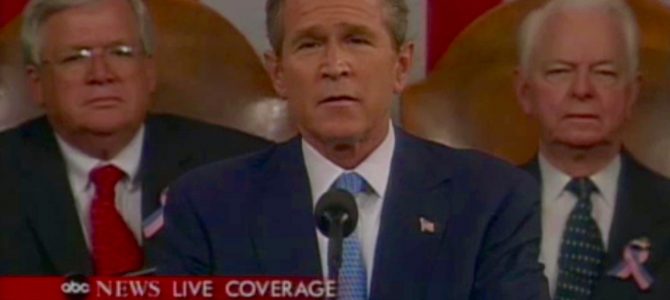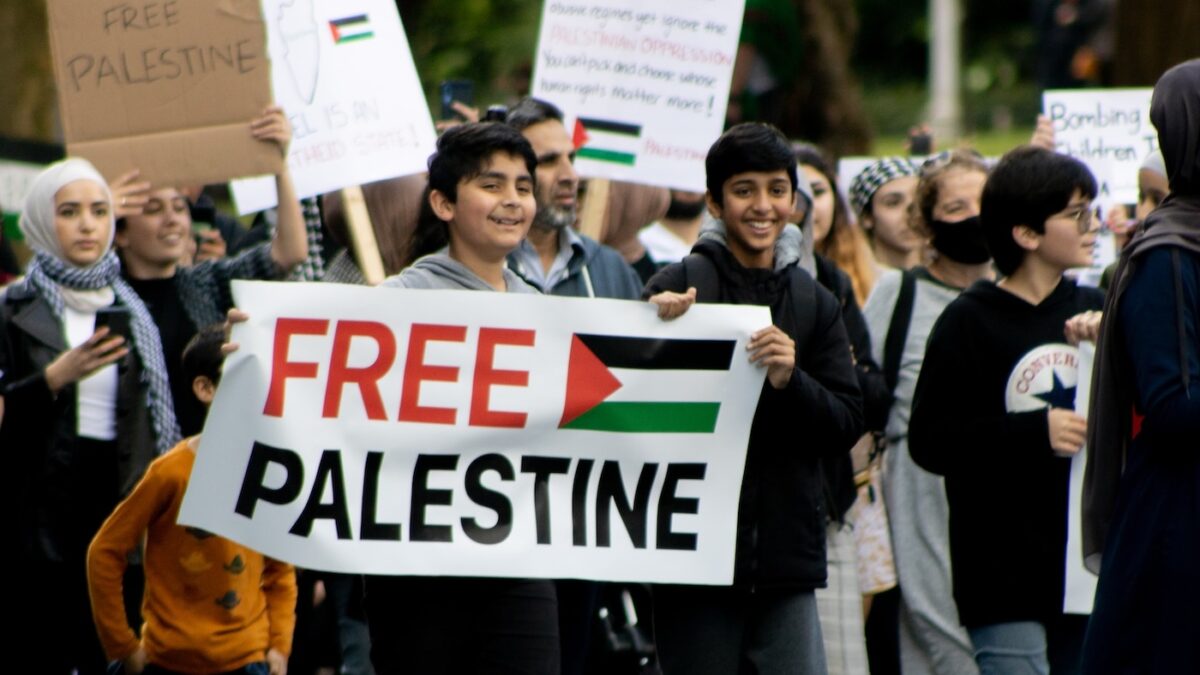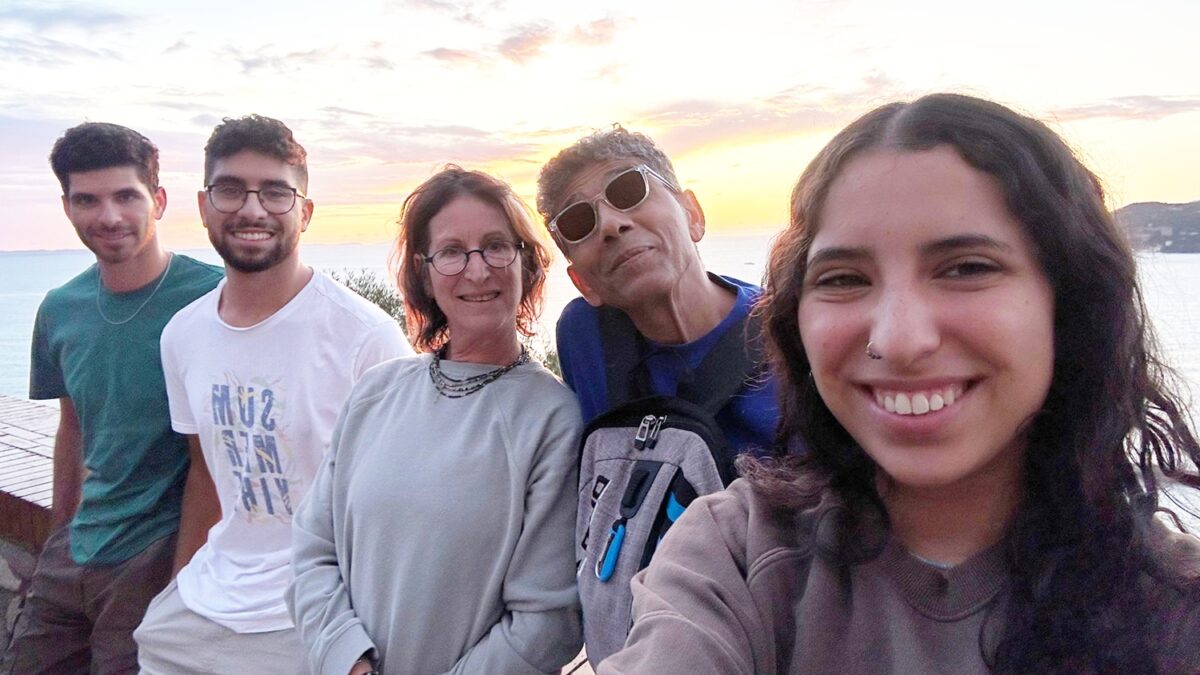
Many of us who lived through 9/11 remember one nightmare scenario: to have our daily lives clouded by the persistent threat of jihadist attacks. Fifteen years later, that’s our world: San Bernardino. Brussels. Orlando. Paris. Garland, Texas. Nice. Charlie Hebdo.
The story of how we got here is dense with tragedy, as Onkar Ghate and I discuss in our new book, “Failing to Confront Islamic Totalitarianism: From George W. Bush to Barack Obama and Beyond.” A crucial part of the story has been the failure—indeed, the refusal—of our political and intellectual leaders to understand the enemy.
Can you imagine America achieving victory in World War II had we viewed the enemy as “Kamikazi-ism” rather Japanese totalitarianism? Regardless, following 9/11 the nature of the enemy was widely misunderstood, and 14 years later things have gotten worse.
The problem goes way beyond ignorance. Ignorance is where everyone starts out. But the jihadists have never made their cause secret. Our enemy is defined, not primarily by their use of terrorist means, but by their ideological ends. They fight to create a society wherein Islamic religious law, or sharia, dominates every last detail of every individual’s life, a cause inspired and funded by patrons such as Saudi Arabia, the Gulf States, and above all, Iran. In our book, we call this political-ideological movement Islamic totalitarianism.
Still, many people cling to a self-induced ignorance about the nature of the enemy. Some even seek to silence any serious discussion of the problem, often by hurling about accusations of “Islamophobia.” But this just obscures the issue, fencing it off as taboo, and maligning whoever looks for answers.
It’s Not Merely a Global War on Terror
Start with 9/12: From the get-go, George W. Bush took every opportunity to evade the nature of Islamic totalitarianism. Bush insisted “the terrorists have no home in any faith.” He hammered at that theme endlessly, despite the abundant evidence they really did view themselves as emulating Mohammad in imposing Islamic law by force, everywhere.
A consequence of this evasion was the embarrassing semantic waltz over what to name the enemy: “Terrorists”? “Haters”? Simply “al-Qaeda”? The vague tag “Islamofascism” was floated, but quickly discarded because it edged too close to the truth. So we ended up waging a nebulous “Global War on Terror.” Even more telling was that Bush’s war left arch-sponsors of the jihadist cause untouched: Iran, Saudi Arabia, and Pakistan (the latter two we actually call allies).
The Obama administration outdid Bush in refusing to grasp the enemy’s nature. The administration purged its lexicon of anything hinting at the jihadist ideology. It pushed inconvenient facts aside. Recall Nidal Hasan, a psychiatrist serving in the U.S. Army who self-described as a “Soldier of Allah.” When he gunned down 13 people at Fort Hood, Texas, he shouted “Allahu Akbar.” Officially, the attack was played down as workplace violence.
The Obama administration bends over backward to deny any link between attacks and the jihadist ideology animating them. In 2015 it held a summit about Islamist attacks, headlined “countering violent extremism.” Even some friends of the administration blushed at this sophistry. Having cultivated this degree of self-delusion, it’s no wonder Obama blithely dismissed Islamic State as the “JV team” and spent years appeasing another standard-bearer of Islamic totalitarianism, the Iranian regime.
War By Other Means
Enabling this evasion on a culture-wide scale is a contributing factor: the “Islamophobia” smear. “Islamophobia” mashes together two fundamentally different things: serious analysis and criticism of jihadist ideas, which is essential; and bigotry and racism toward Muslims, which has no place in a civilized society. The result of the smear is to stifle serious analysis and criticism of Islamic totalitarianism by portraying any such discussion as racist.
So rampant is this evasive smear that even Michael Walzer, an influential left-leaning political theorist, is worried. Walzer admonished his brothers-in-arms who “are more concerned with avoiding accusations of Islamophobia than they are with condemning Islamist zealotry.” Consequently, many are unable to “consider the very good reasons for fearing Islamist zealots–and so they have difficulty explaining what’s going on in the world.”
What to expect from a Donald Trump or Hillary Clinton White House? Both muddy the issue further. If Trump has a view, it exhibits no substantive grasp of the ideas driving the enemy, although he does exude a tribalist, racist bigotry toward outsiders, particularly Muslims. Clinton seeks to explain away the holy warriors as basically madmen, thus trivializing the jihadist ideology. Neither perspective equips us to end the threats we face.
By now, after so many years, some wonder: Can we end the Islamist menace? Yes, we can. A necessary—and long overdue—starting point is to understand Islamic totalitarianism.









